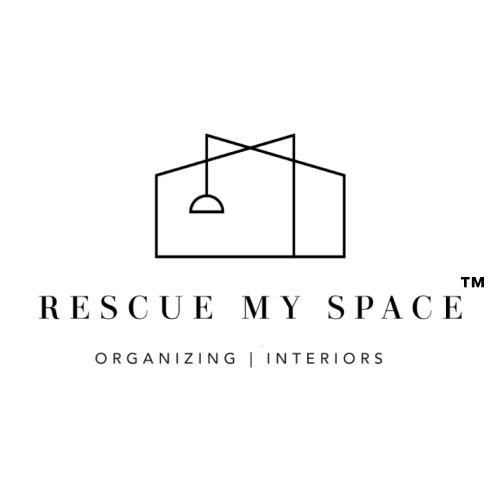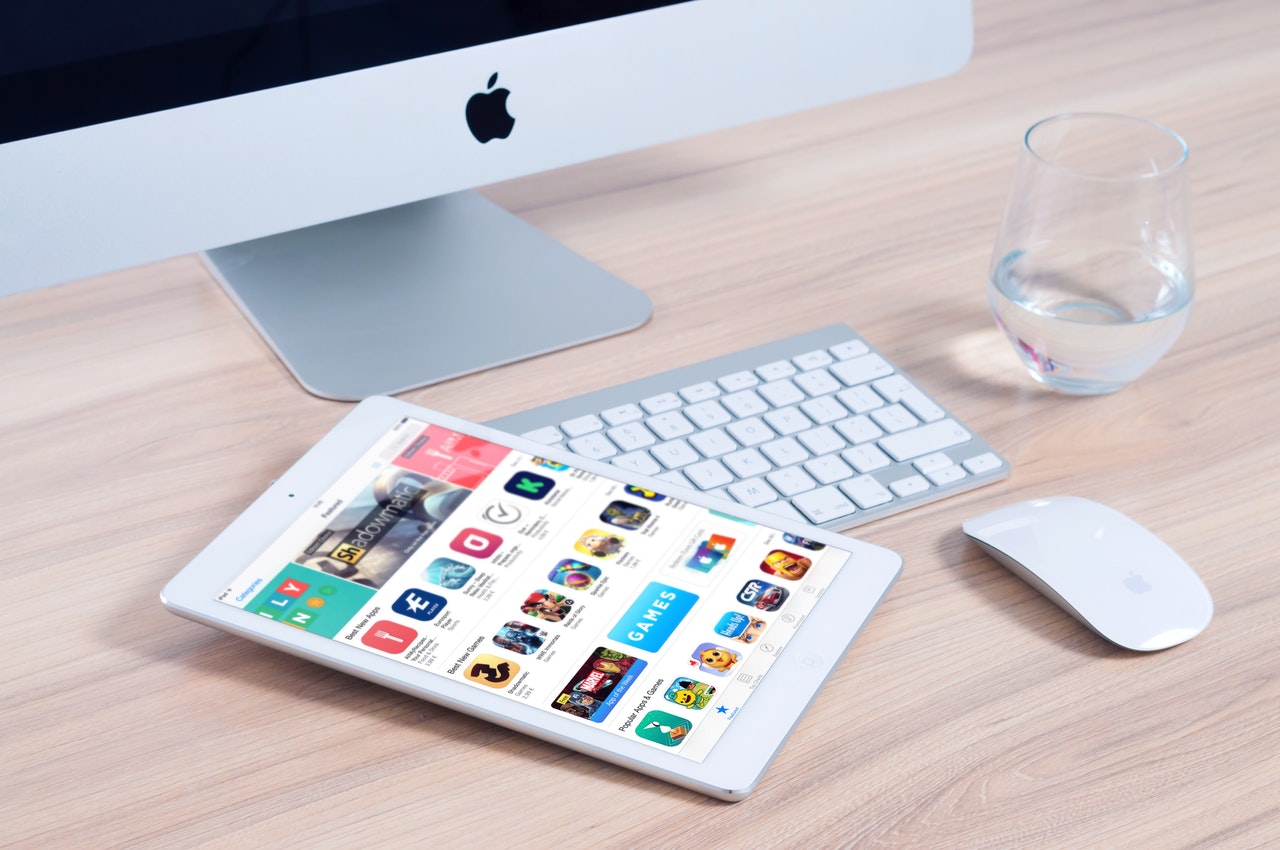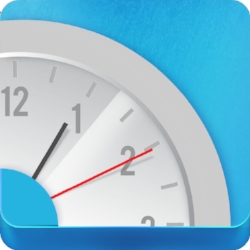With the ever so changing society, the process in which businesses were ran has completely evolved.
Rather than having one department handle all expenditures, individual employees are taking full responsibilities of their own expenses as far as even getting contracts signed without the client being present.
Because of this, businesses are steadily increasing the way they maximize their productivity and function. The before no hands on process is becoming a full hands on practice where the entire business works together to become more successful.
Here are seven wonderful business apps that will both help organize your business and increase productivity.
1. Wrike
Wrike is an online project management software that sets priorities and aligns your team to work faster and smarter across your organization (effective time management).
With the increase in pace, collaborations and now remote workers, the app allows businesses to work efficiently without setbacks.
If for any reason work needs to be done outside of the workplace, Wrike makes the project management aspect of the project mobile.
2. Expensify
This is an app that makes calculating expenses simple.
Whether you are traveling, need to be reimbursed or even capture mileage, expensify takes the difficulty out of expense recording and makes the process exciting and most importantly stress-free.
3. Freshdesk
With a slogan geared towards the happiness of customers, freshdesk is a great app to have.
It was created to make it easy for businesses to communicate with their customers and vice versa.
With the increase importance in customer service, which we all know is crucial for a successful business, freshdesk takes the lead in how they promote the outlaw of bad customer service.
4. Evernote
What other great thing can I say about Evernote. Well one is they love elephants just like me!
On a serious note, Evernote has taken the way we write notes to another world. Keeping notes organized both business and personal at times has its challenges and with the numerous of notebooks and notepads available, our notes tend to get lost. This app not only helps you keep track of your notes, projects or pictures, you are able to access them instantly on all of your devices.
With the handy dandy search tool, you can find any information that was saved. Need I say more!
5. Audio Memos
Another note taker app but for the voice is Audio Memos.
With its intuitive interface, it is easy to use and has many features that include, pausing during incoming calls, no time limit on recordings, variable speed scrubbing (To go forward or backward in an audio) and usb file transfers and many more.
All voice recordings can be uploaded to Evernote! (mic dropped).
6. My Minutes
As mentioned in the previous blog post, in order to manage how you spend your time, it is necessary to use a time record (log).
This app makes the process of recording time seamless and takes the headache out of remembering.
My Minutes also allows you to create personal goals, set the days your tasks repeat and notifies you when you’ve hit your goal.
As you continue hitting your goals, the app incorporates green streaks that reminds you of your accomplishments as well as motivates you to keep on going.
7. Dropbox Business
One of the most secured file sharing and storage solution that keeps all files in one place and with the proper space, ensures everything is always backed up.
With it’s sharing capabilities, your team is able to share, sync, and organize files instantly and quickly.
One of the best features Dropbox has is their file recovery.
I can’t tell you how many times I’ve been called because a client has lost a file. The panic in their voice was enough for me to recommend this awesome app.
Are you ready to receive the expert assistance, encouragement, and accountability to incorporate organizational skills into your business? Reserve your courtesy Organizing Breakthrough Session today!
© 2016 Rescue My Space | Rescue My Space| RMS Team Email: http://info@rescuemyspace.comSubscribe to email updates to receive guidance, resources and tools to create your own Purposeful Lifestyle.













